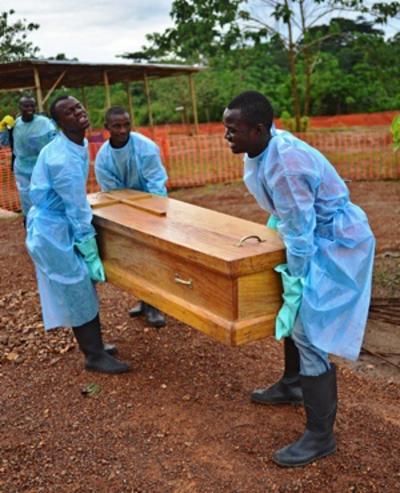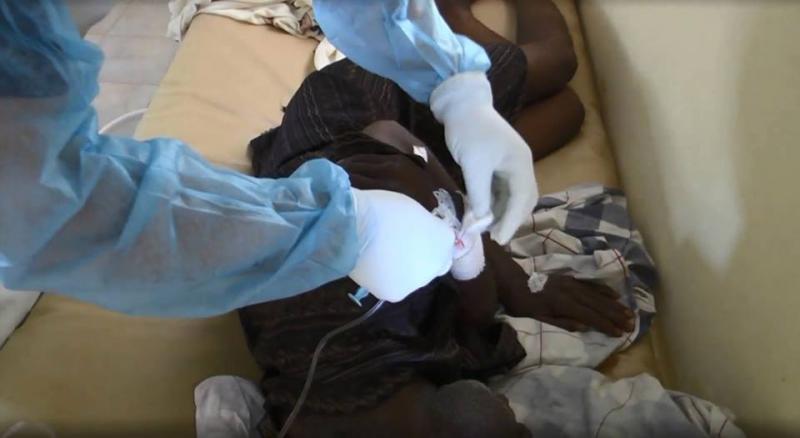It will take about six months to bring under control the Ebola epidemic, the head of Doctors Without Borders (Medecins Sans Frontieres) said on Friday, saying the outbreak in West Africa felt like "wartime, is moving, advancing."
"Over the next six months we should get the upper hand on the epidemic, this is my gut feeling," said Joanne Liu, international president of Doctors Without Borders, adding more experts were needed on the ground. "We need people with a hands-on operational mindset," to combat the outbreak."
Liu said she had conveyed those messages to the WHO and "that I think the wake-up call was too late in calling it a public health emergency of international concern."
"I think we have a common understanding on it now," Liu said. "Now we have to find out how that is translated into concrete action in the field ... a statement will save lives only if followed up on the ground."













 08/16/2014 14:47 GMT - by Frankie TAGGART
08/16/2014 14:47 GMT - by Frankie TAGGART


 cdc.gov - August 13, 2014
cdc.gov - August 13, 2014




 Press Statement
Press Statement UN News Center - un.org - 13 August 2014
UN News Center - un.org - 13 August 2014
Recent Comments